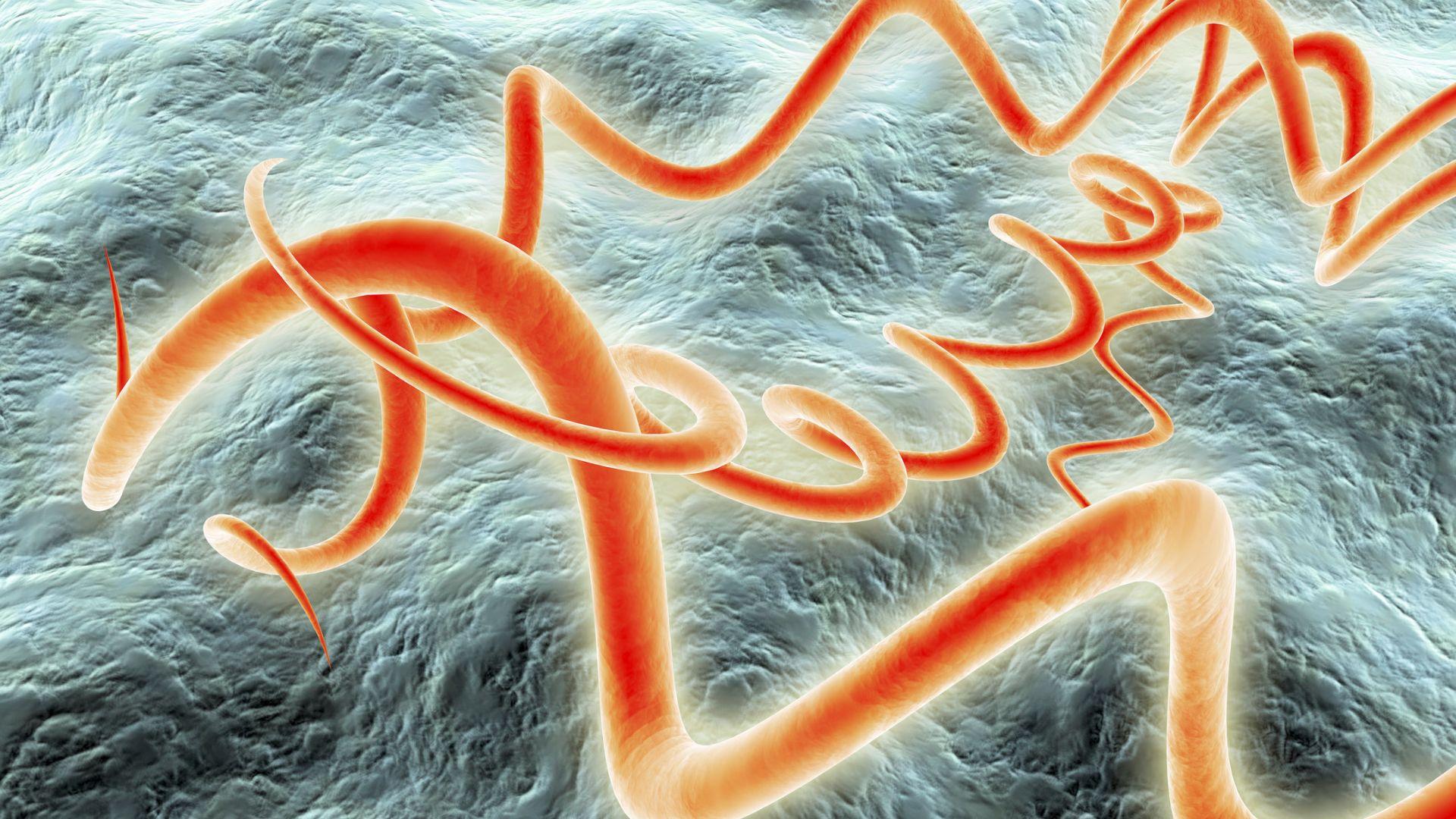What is Congenital Syphilis?
Congenital syphilis is a serious and potentially life-threatening infection that an infected mother can pass along to her baby.
Congenital syphilis can cause symptoms such as skin rashes, fever, an enlarged liver and spleen, and bone abnormalities in the infected baby. In severe cases, it can lead to stillbirth, premature birth, or serious developmental and neurological issues.
Congenital syphilis can be prevented through early detection and treatment of syphilis in pregnant individuals, highlighting the importance of prenatal care and routine screening for sexually transmitted infections during pregnancy.
Congenital syphilis has increased by 10 times in the last decade.*
Printable Congenital Syphilis Fact Sheet
Did You Know?
- Recently, the number of babies being born with syphilis has been increasing in the U.S.
- Syphilis is a sexually transmitted infection (STI). Congenital syphilis is when a mother that has syphilis, passes the infection to her baby during pregnancy.
- Two in 5 (40%) people who had a baby with syphilis did not get prenatal care.**
Why Does This Matter?
Babies born with congenital syphilis can suffer major health impacts:
- Deformed bones
- Jaundice and severe anemia
- Brain and nerve issues
- Death
A mother that has syphilis and has not been treated could suffer:
- Miscarriage
- Stillbirth
- Premature birth
- Low birth weight
How Do I Prevent Congenital Syphilis?
- Get a syphilis test at your first prenatal visit.
- If you test positive, there is treatment available to cure the infection.
- Reduce your risk of getting syphilis before and during your pregnancy by:
- Practicing safer sex by using a condom to prevent STIs like syphilis.
- Getting regular STI testing.
Sources

